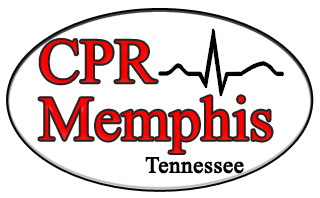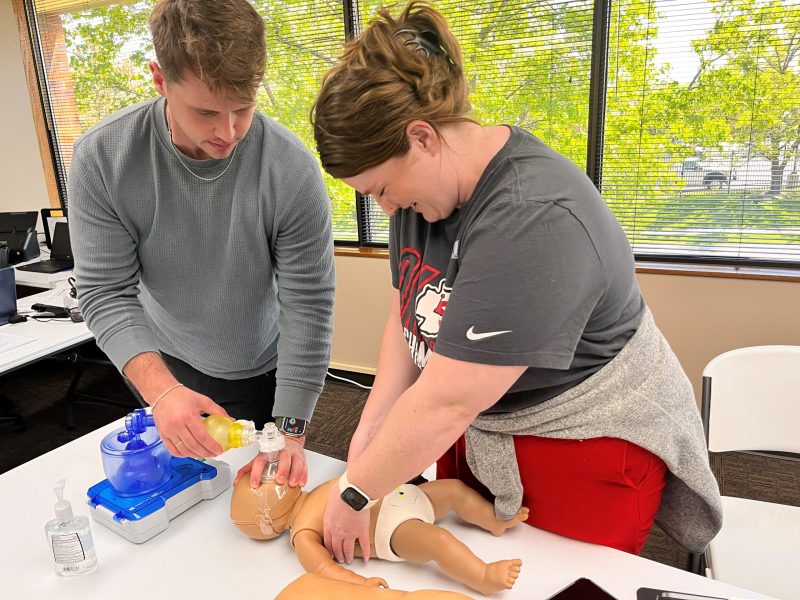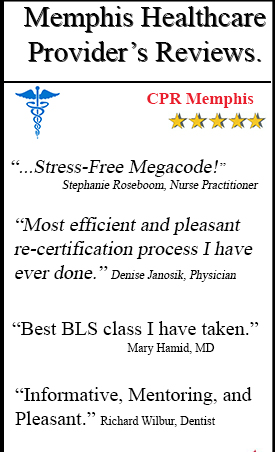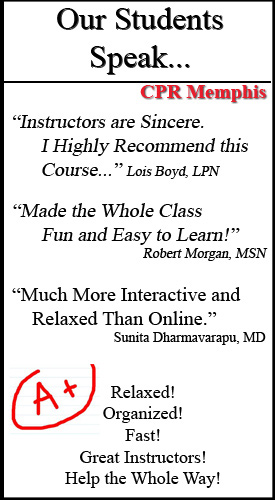Definition of CPR
Cardiopulmonary resuscitation (CPR) is a life-saving technique that helps maintain blood flow and oxygenation in individuals who have suffered cardiac arrest. The primary goal of CPR is to provide a temporary replacement for heart and lung function until more advanced medical help arrives. Its importance in emergencies cannot be overstated, as it can dramatically improve survival rates when administered quickly. The concept of the “Chain of Survival” emphasizes the sequence of actions required to save a person experiencing sudden cardiac arrest, with CPR being a critical link in this chain. This article explores the role of CPR within the broader framework of emergency care and its vital contribution to saving lives.
The Chain of Survival
The Chain of Survival is a structured approach developed to improve outcomes for individuals experiencing cardiac arrest. It consists of four essential links: early recognition and calling for help, early CPR, early defibrillation, and advanced life support, followed by post-resuscitation care.
Early Recognition and Call for Help
The first step, recognizing a cardiac emergency and immediately calling for professional help, sets the entire chain in motion. The sooner a bystander identifies the emergency and contacts emergency medical services (EMS), the sooner life-saving interventions can begin.
Early CPR
Next, early CPR helps sustain blood flow to the brain and vital organs, bridging the gap until defibrillation or advanced care is available.
Early Defibrillation
Early defibrillation, often with the use of an automated external defibrillator (AED), helps restore a normal heart rhythm, especially in cases of ventricular fibrillation (VF) or ventricular tachycardia (VT).
Advanced Life Support and Post-resuscitation Care
Finally, advanced life support (ALS) and post-resuscitation care involve professional medical interventions that further stabilize the patient and address any underlying health issues.
CPR’s Role in the Chain
Maintaining Blood Flow
CPR plays an integral role in this Chain of Survival, specifically in the second link—early CPR. When the heart stops beating effectively during cardiac arrest, blood circulation halts, leading to oxygen deprivation in the brain and other vital organs.
Buying time for Defibrillation
Without immediate intervention, brain damage can occur within minutes, making timely action crucial. CPR works by manually pumping the heart, generating enough blood flow to keep the brain and body alive until more definitive care is provided. In many cases, effective CPR can “buy time” for defibrillation to occur.
Defibrillation is the definitive treatment for certain types of cardiac arrest, but its success depends heavily on how quickly CPR is initiated.
Improving Chances of Survival
By maintaining circulation, CPR increases the likelihood that defibrillation will succeed and the patient can be resuscitated. The combined effects of early CPR and defibrillation dramatically improve the chances of survival in cardiac emergencies.
Importance of Immediate CPR
Statistics on Survival Rates with Early CPR
The importance of immediate CPR cannot be overstated. Research consistently shows that survival rates drop by 7-10% for every minute that passes without CPR following a cardiac arrest. However, when CPR is started within the first few minutes of collapse, survival rates can be as high as 30-40%.
Time-Sensitive Nature of Cardiac Emergencies
Given the time-sensitive nature of cardiac emergencies, immediate bystander intervention is often the difference between life and death. Unfortunately, many people hesitate to act, either due to a lack of training or fear of harm. This underscores the importance of public education and ensuring that more people are equipped with the skills and confidence to perform CPR when needed.
Proper CPR Technique
Proper CPR technique is crucial to its effectiveness. High-quality chest compressions are the cornerstone of CPR, as they help maintain circulation.
Chest Compressions
For adults, compressions should be at least two inches deep, with a rate of 100-120 compressions per minute. It is essential to allow the chest to fully recoil between compressions to ensure the heart refills with blood.
Rescue Breaths
If trained, rescuers should also deliver rescue breaths at a ratio of 30 compressions to 2 breaths, ensuring that the airway is open and the chest rises with each breath.
Hands-only CPR
However, for untrained bystanders, hands-only CPR (which involves chest compressions without rescue breaths) is an effective alternative and can still significantly improve survival rates.
This approach simplifies the process and reduces hesitation among bystanders who may feel uncomfortable providing mouth-to-mouth resuscitation.
CPR Training and Public Awareness
Importance of widespread CPR Knowledge
CPR training and public awareness are critical to increasing the likelihood that bystanders will take action during a cardiac emergency. Despite the proven benefits of early CPR, many individuals remain untrained or unsure of how to respond in an emergency.
Available Training Options
Widespread CPR training programs, offered by organizations like the American Heart Association (AHA) and the Red Cross, are essential in educating the public and encouraging people to act when needed.
These programs are available in various formats, including in-person courses, blended learning options, and online classes. Some workplaces and schools now mandate CPR training, ensuring that more people are equipped with this life-saving skill.
Challenges and Innovations in CPR
While CPR is a simple technique, several challenges still hinder its widespread adoption.
Bystander Reluctance
Bystander reluctance is a common issue, often rooted in fear of legal consequences or uncertainty about proper technique. In many regions, Good Samaritan laws protect individuals who attempt to help in an emergency, reducing the risk of legal repercussions.
CPR Feedback Devices
Another innovation that helps overcome these challenges is the introduction of CPR feedback devices. These devices provide real-time feedback on the quality of chest compressions, helping both trained and untrained rescuers ensure they are delivering effective CPR.
Mobile Apps and Technology
Additionally, mobile apps and technology, such as AED locator apps and emergency response platforms, are making it easier for bystanders to access life-saving equipment and get real-time guidance during an emergency.
In conclusion, CPR is an essential skill that can make the difference between life and death in emergencies. As a critical link in the chain of survival, it empowers bystanders to take immediate action, potentially doubling or even tripling a victim’s chances of survival. Whether you’re a healthcare professional or a concerned citizen, knowing how to perform CPR gives you the ability to save lives when every second counts.
Now is the time to take the next step and equip yourself with this life-saving knowledge. At CPR Memphis, you can enroll in a variety of courses such as BLS, ACLS, PALS, and First Aid, all taught by expert instructors in a hands-on, stress-free environment. Whether you’re seeking your initial certification or a renewal, CPR certification in Memphis is accessible and invaluable.
Don’t wait for an emergency to realize the importance of CPR skills. Enroll today in CPR certification in Memphis and be prepared to act confidently when someone’s life is on the line.






